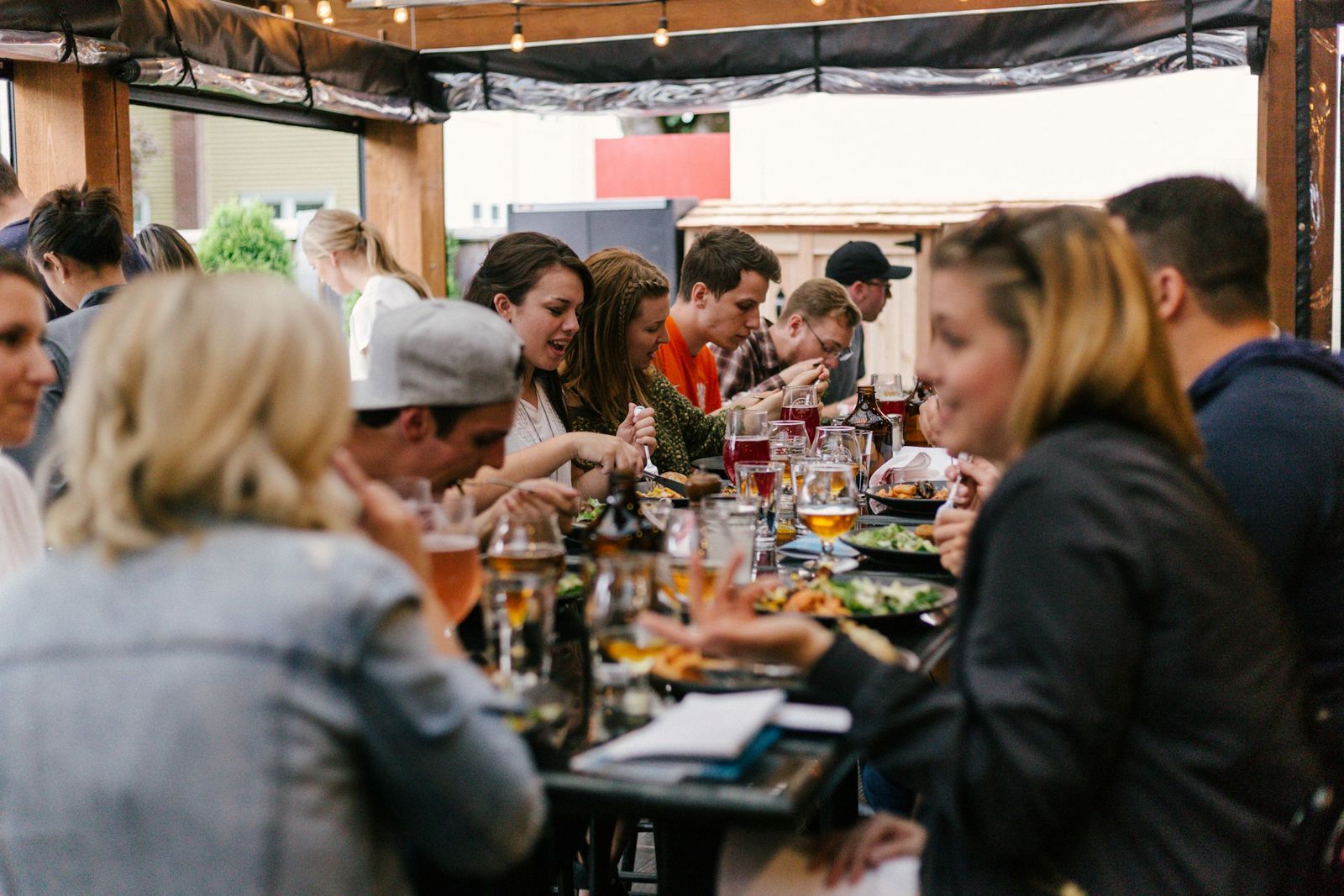Restaurants are often thought of as places to enjoy a meal, but their role in society stretches far beyond serving food. They are gathering spaces, cultural hubs, and catalysts for connection within communities. By bringing people together in meaningful ways, restaurants help weave the social fabric that holds neighbourhoods, towns, and cities together. For many people, choosing a restaurant nearby isn’t just about convenience—it’s about supporting local spaces that nurture community and connection
More Than A Place To Eat
At first glance, a restaurant is simply a business where people exchange money for food. Yet, what happens inside its walls tells a different story. Families celebrate birthdays, friends reunite after years apart, and professionals strike business deals over shared meals. The restaurant becomes a stage where life’s most essential moments unfold, turning it into a cornerstone of community life.
A Hub For Cultural Exchange
Restaurants also act as bridges between cultures. A neighbourhood eatery offering international cuisine can introduce locals to flavours, traditions, and customs they may never have experienced otherwise. Sharing a meal becomes an opportunity for cultural appreciation and understanding, breaking down barriers in ways that few other activities can.
In many cases, immigrant-owned restaurants play a crucial role in preserving heritage while enriching the diversity of their communities. The recipes passed down through generations not only delight customers but also carry stories that keep traditions alive.
Supporting Local Economies
The economic impact of restaurants cannot be overlooked. Beyond providing jobs, they support local farmers, fishermen, and artisans by sourcing ingredients close to home. This creates a cycle of growth, where money spent in restaurants flows back into the community.
When people choose to dine locally, they aren’t just enjoying a meal—they’re contributing to the livelihood of neighbours and strengthening the local economy. This ripple effect demonstrates how restaurants connect individuals not only socially but economically as well.
A Space For Civic Engagement
Some restaurants go further by opening their doors to community events. Hosting fundraisers, town meetings, or cultural celebrations, they become platforms where voices can be heard and causes supported. These gatherings build solidarity and give people a sense of ownership over their shared space.
By offering a neutral and welcoming environment, restaurants often succeed in creating dialogues that may not occur elsewhere. They become places where differences are set aside, and common ground is found over food and fellowship.
The Comfort Of Familiar Spaces
In many neighbourhoods, a favourite restaurant is more than an establishment—it’s an anchor. Regulars feel a sense of belonging when they walk through the doors, greeted by familiar faces and friendly staff. Over time, this loyalty transforms into relationships that resemble extended family.
This sense of comfort and routine is vital for communities. In a world that can feel fast-paced and disconnected, restaurants provide grounding spaces where people can slow down, reconnect, and feel at home.
Resilience During Challenging Times
The importance of restaurants becomes especially clear during difficult moments. During natural disasters, economic downturns, or global crises, many restaurants adapt to serve their communities in new ways. They might donate meals, support frontline workers, or act as collection points for supplies.
Such acts of generosity show that restaurants are not just businesses but partners in resilience. Their commitment to community well-being reinforces the bonds between owners, staff, and customers.
Restaurants And The Future Of Connection
As technology changes how people interact, the value of face-to-face connections grows. While digital connections are maintained through online platforms, restaurants offer a unique physical environment where people can gather, exchange tales, and experience the depth of human connection.
Looking ahead, restaurants will continue to evolve, but their essence as community builders will remain. Whether through sustainability initiatives, inclusive dining spaces, or creative partnerships, they will adapt to the changing needs of the people they serve.
Final Thought
Restaurants are more than dining establishments—they are the heartbeats of their communities. By offering spaces where people can celebrate, collaborate, and support one another, they foster connections that transcend the dinner Table. Every shared meal becomes an act of community building, proving that restaurants are as essential to social life as they are to culinary enjoyment.



